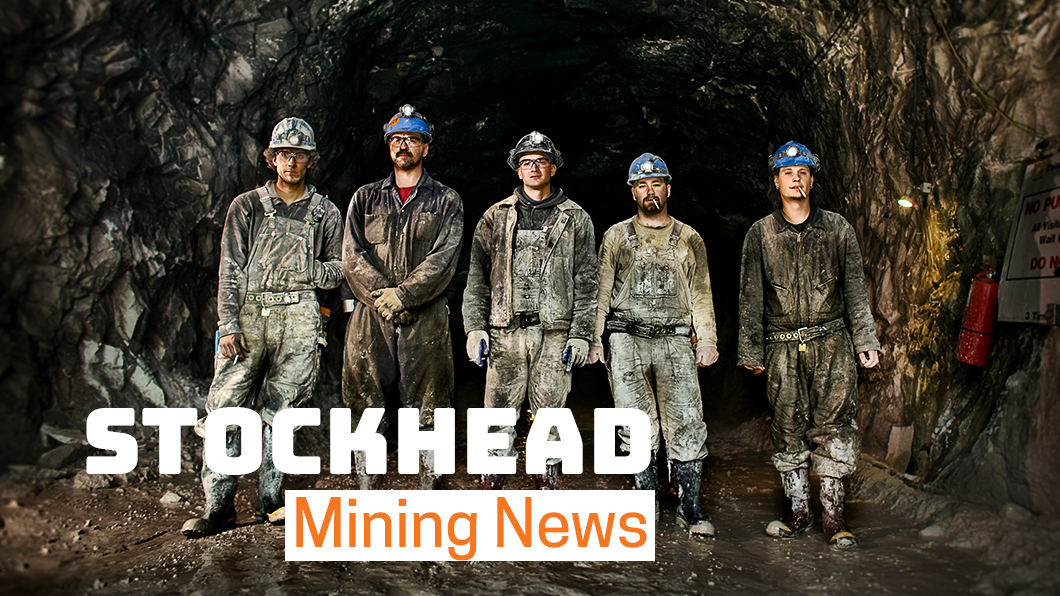‘Game changing’: Swapping cobalt for manganese could make electric cars as cheap as petrol cars

Pic: Tyler Stableford / Stone via Getty Images
German chemical giant BASF has discovered that by upping the amount of manganese and using much less nickel and cobalt it can slash the cost of an electric car battery by way more than half.
BASF is developing a battery chemistry that comprises 70 per cent manganese, 20 per cent nickel and less than 5 per cent cobalt.
Marco Romero, the chief of Canadian explorer Euro Manganese (ASX:EMN), told Stockhead that the development has “incredible implications”.
“The battery industry has been desperately trying to find a way to engineer cobalt out of these batteries,” he said.
“So to be able to replace the cobalt with manganese all of a sudden changes the game potentially for the entire electric vehicle industry globally.
“They’re now talking about taking the cost per kilowatt hour of batteries down to $US40 ($55.26). Until recently the industry was hoping to get to $US100 — down from where it is right now which is closer to $US200.”
According to Mr Romero, this particular chemistry make-up means electric vehicles would be just as competitive as petrol powered cars.
“The electric vehicle revolution around the world has started happening in Europe, in China, in the US largely because of subsidies to try to make it competitive with internal combustion engines, which were always cheaper to produce,” he said.
“All of a sudden at $US40 the industry can stand on its own feet and be extremely competitive with your regular gas guzzling car.”
- Subscribe to our daily newsletter
- Bookmark this link for small cap news
- Join our small cap Facebook group
- Follow us on Facebook or Twitter
Until now the push by battery makers was for a chemistry make-up of 80 per cent nickel, 10 per cent manganese and 10 per cent cobalt, shifting from the current combination of 60 per cent nickel, 20 per cent manganese and 20 per cent cobalt.
But now it looks as if manganese is the key to much, much cheaper batteries and a substantial reduction in cobalt, which faces supply constraints and ethical issues over how it is mined.
Manganese is the fourth-most-traded metal in the world. Only aluminium, iron ore and copper are more widely used.
About 90 per cent of manganese goes into steel-making, but it’s increasingly used in next-generation battery and power storage applications.
There are a lot of similarities between cobalt and manganese, but manganese is much more abundant and a much lower cost raw material than cobalt and nickel.
BASF, along with US-based Argonne National Laboratory, were the original owners of the nickel-manganese-cobalt chemistry patent.
The company has subsidiaries and joint ventures in more than 80 countries and operates six integrated production sites and 390 other production sites in Europe, Asia, Australia, the Americas and Africa.
Smack bang in the thick of it
Euro Manganese, which was the first company to dual list in Australia and Canada at the exact same time back in October, is in the enviable position of having the rights to the largest manganese deposit in Europe.
“We’re not aware of a single other manganese project in Europe,” Mr Romero said.
“We’re in the middle of a huge emerging cluster of electric vehicle plants, battery plants, cathode plants, precursor plants.
“There’s a whole ecosystem around these giant European automakers that is surrounding us north, south, east and west.
“We have been very excited about what’s been happening with the entire industry, but this BASF revelation looks like a game changer to me if indeed it comes to be commercialised and have traction.”
BASF is located just a few hundred kilometres away from Euro Manganese’s Chvaletice project, which lies 90km east of Prague in the Czech Republic.
Mr Romero would not comment on whether BASF’s news had prompted the company to seek an audience with the chemical heavyweight or other battery cathode makers.
“We’ve been working on this project for four years, we’re extremely advanced right now, we’re moving rapidly into a feasibility study in 2019,” he said.
“We’re already very advanced in our permitting and we intend to be there for the industry producing the highest quality products available in the world.”
Euro Manganese hasn’t yet revealed how much manganese it plans to produce, but Mr Romero said it would be “very large scale”.
UNLOCK INSIGHTS
Discover the untold stories of emerging ASX stocks.
Daily news and expert analysis, it's free to subscribe.
By proceeding, you confirm you understand that we handle personal information in accordance with our Privacy Policy.








